Join us for our final podcast of 2019!
A good meta description describes the content of the page, and is shown on other pages and typically also in search engine results. Ensure each page has a unique description.
A good meta description describes the content of the page, and is shown on other pages and typically also in search engine results. Ensure each page has a unique description.
A good meta description describes the content of the page, and is shown on other pages and typically also in search engine results. Ensure each page has a unique description.
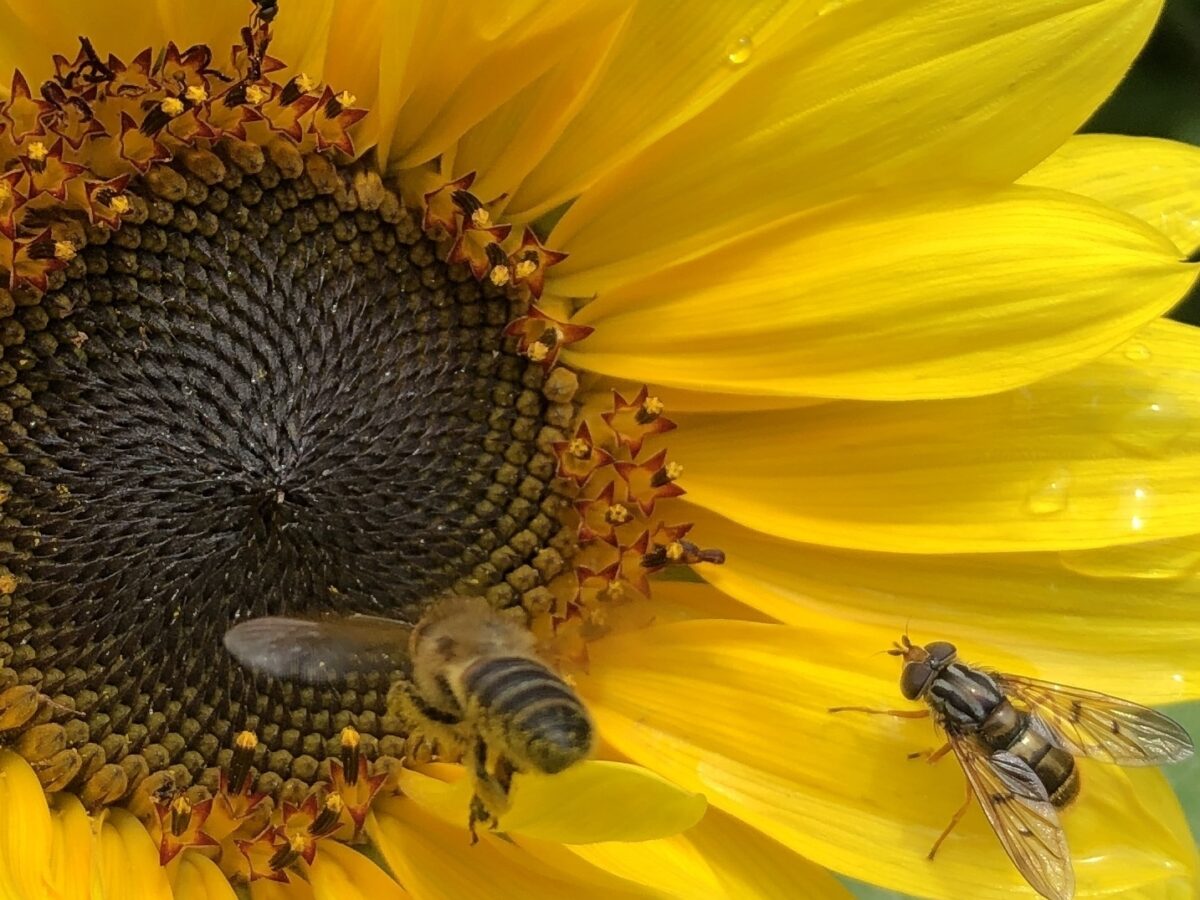
A new report, Insect Declines and Why They Matter, commissioned by a group of Wildlife Trusts has revealed conclusively that drastic declines in insect numbers will have far-reaching consequences for wildlife and people. It highlights effects on insect-eating birds, bats, and fish, and also the cost to society in terms of the millions in lost revenue and broken ecosystems.
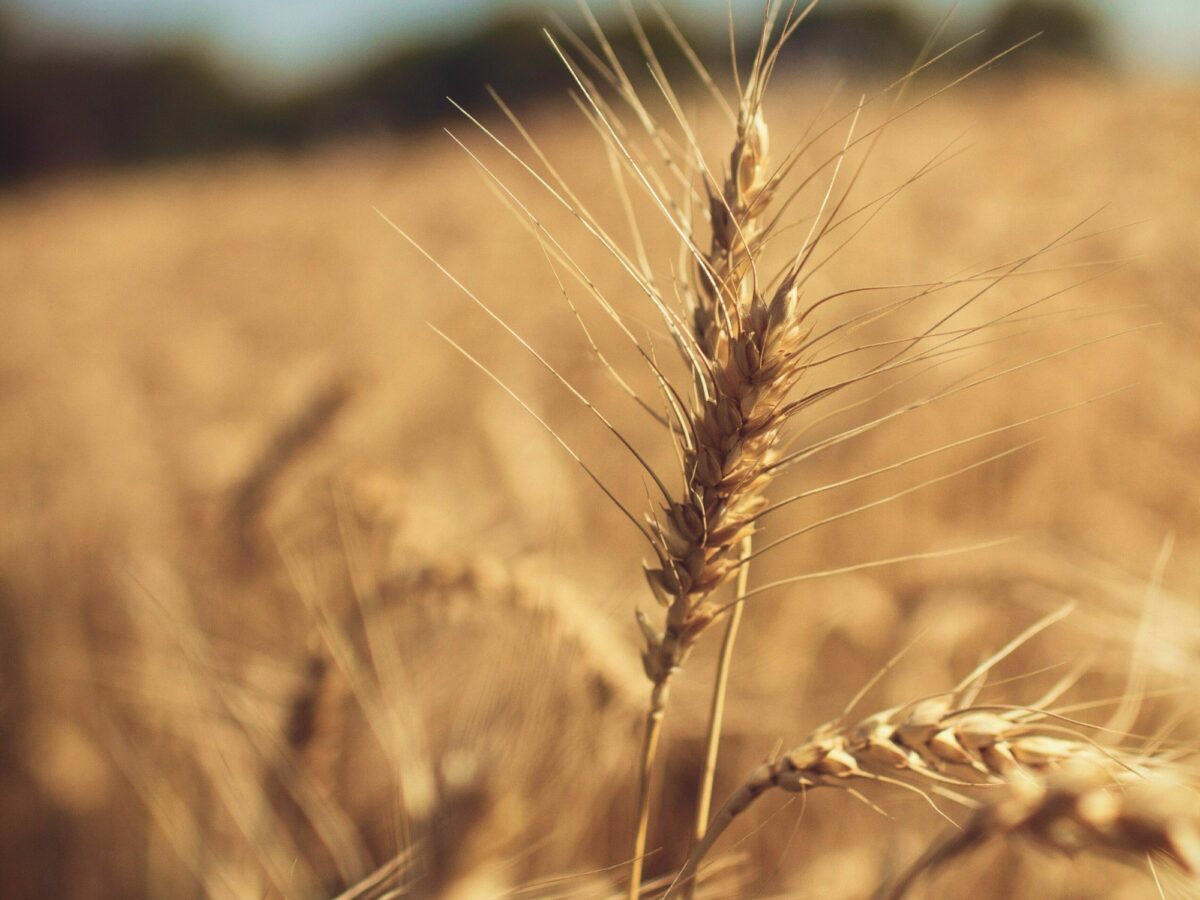
Garden Organic was one of the key attendees at the first ‘Wales Real Food and Farming Conference’, held in Aberystwyth in November.
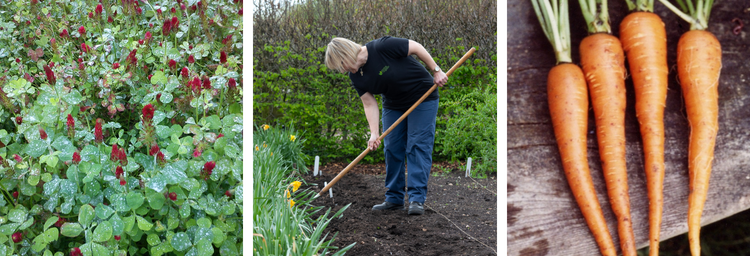
We’ve already hit No 2 in the Itunes charts, and been nominated for an award by the Gardening Media Guild. But it’s your thoughts we want to hear.
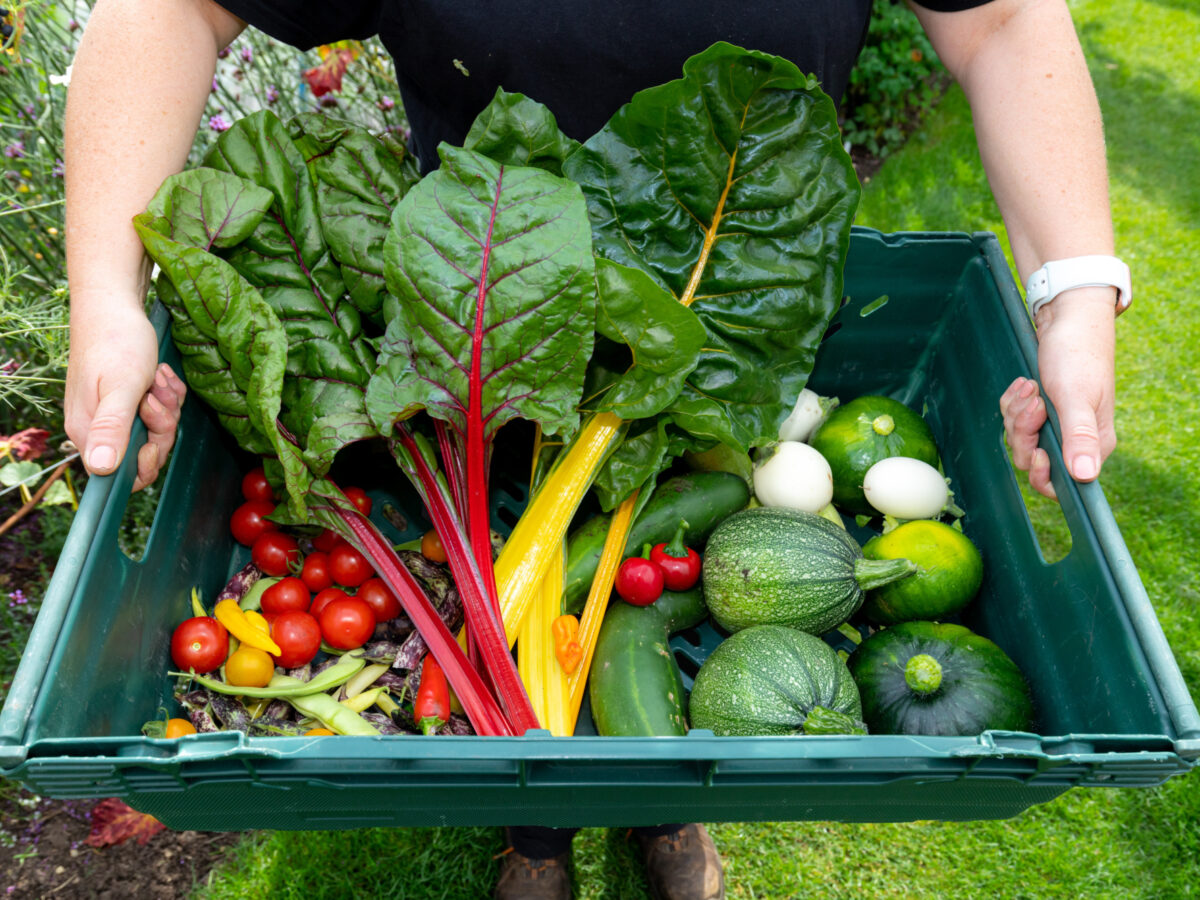
Built on an unwavering commitment to 100% organic, ethically and sustainably sourced food, Biona began life on a kitchen table in London. Over 35 years later, Biona Organic are still proud to bring more than 400 products to lovers of good food around the UK. From spreads and sweeteners to breads and pasta, Biona offer a wide range of cupboard essentials to get you cooking organic.
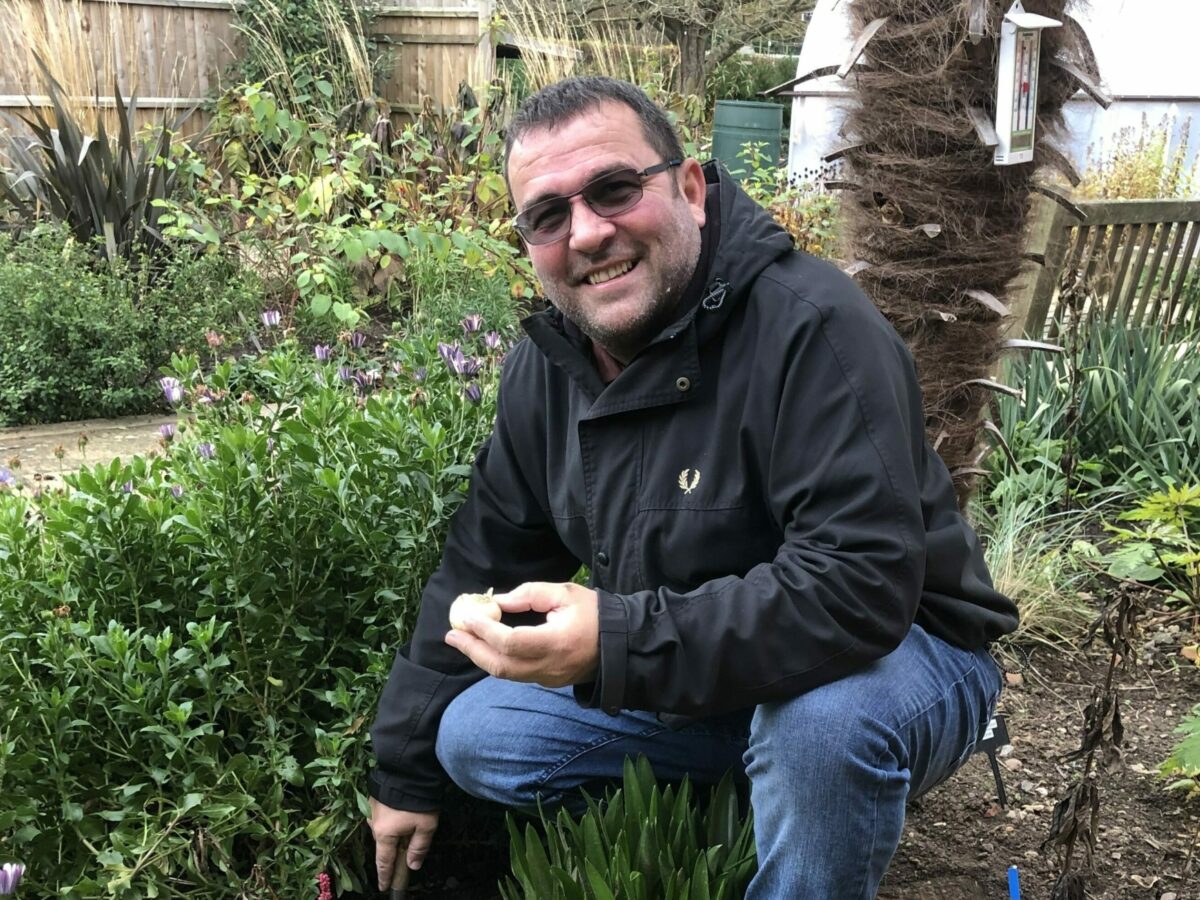
As the autumnal tones start to really kick in it always feels like I’m affected by two emotions: a reflection on the growing season that has just finished as I ponder on what worked, what didn't, what I learnt and what gave me the most pleasure. But I also, like all good gardeners, look to the future and already the planning for next spring starts to kick in.
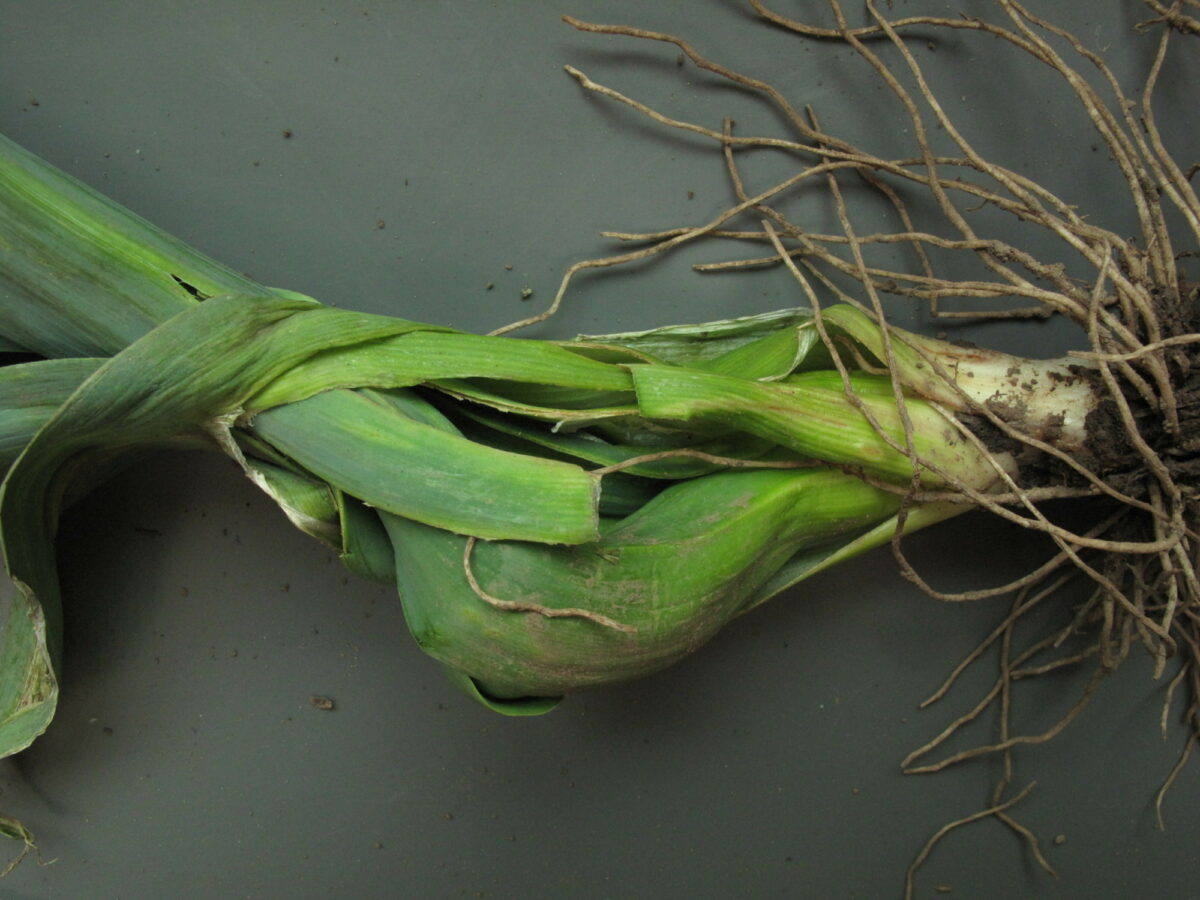
Tune in to the latest Organic Gardening podcast. You'll enjoy hearing Chris chat with wildlife gardening expert Kate Bradbury, as they discuss how to share your plot with creatures great and small.
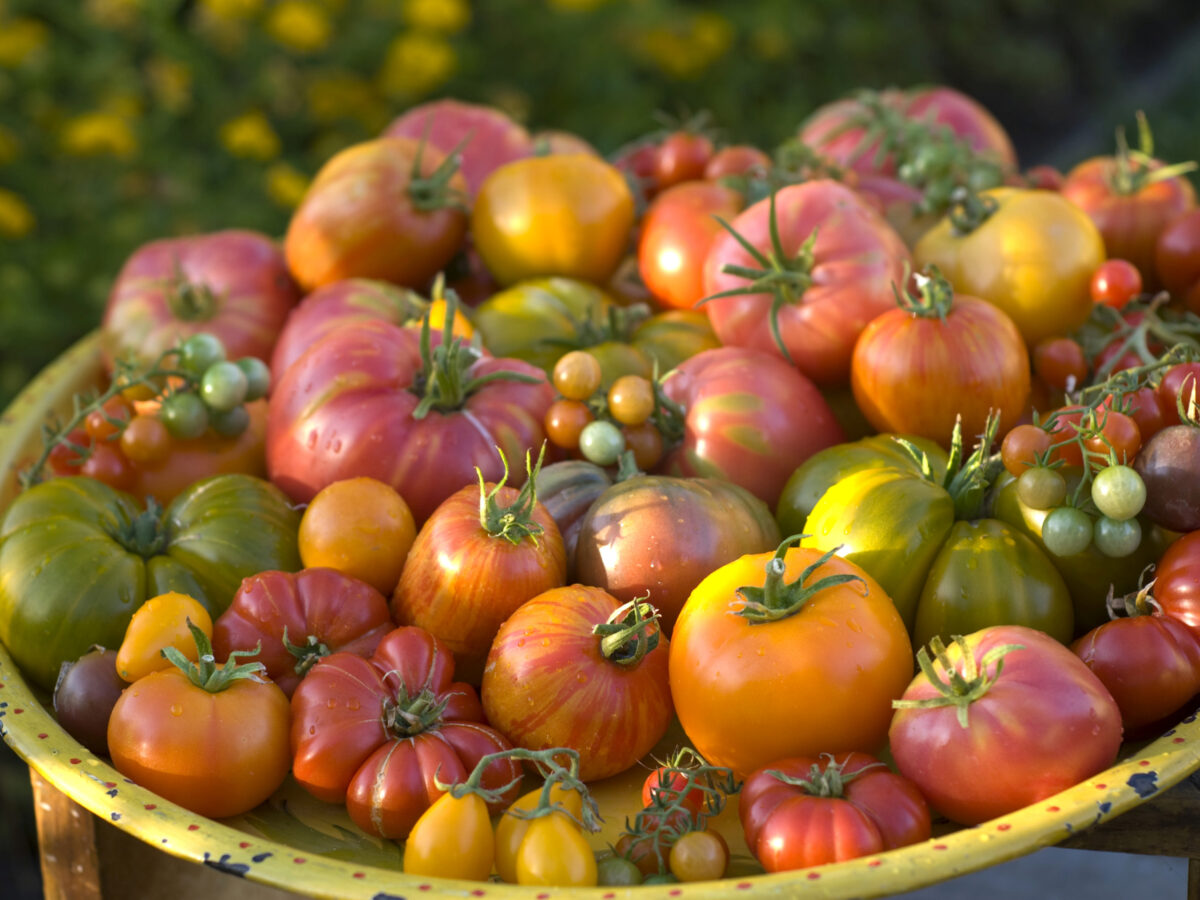
A quarter of the UK’s food contains pesticide cocktails. These are residues of multiple chemicals added during the crop’s growing life. This ‘cocktail effect’ is not examined by the government agency which looks into the regulation of pesticides - despite evidence that these cocktails can harm human health and wildlife.
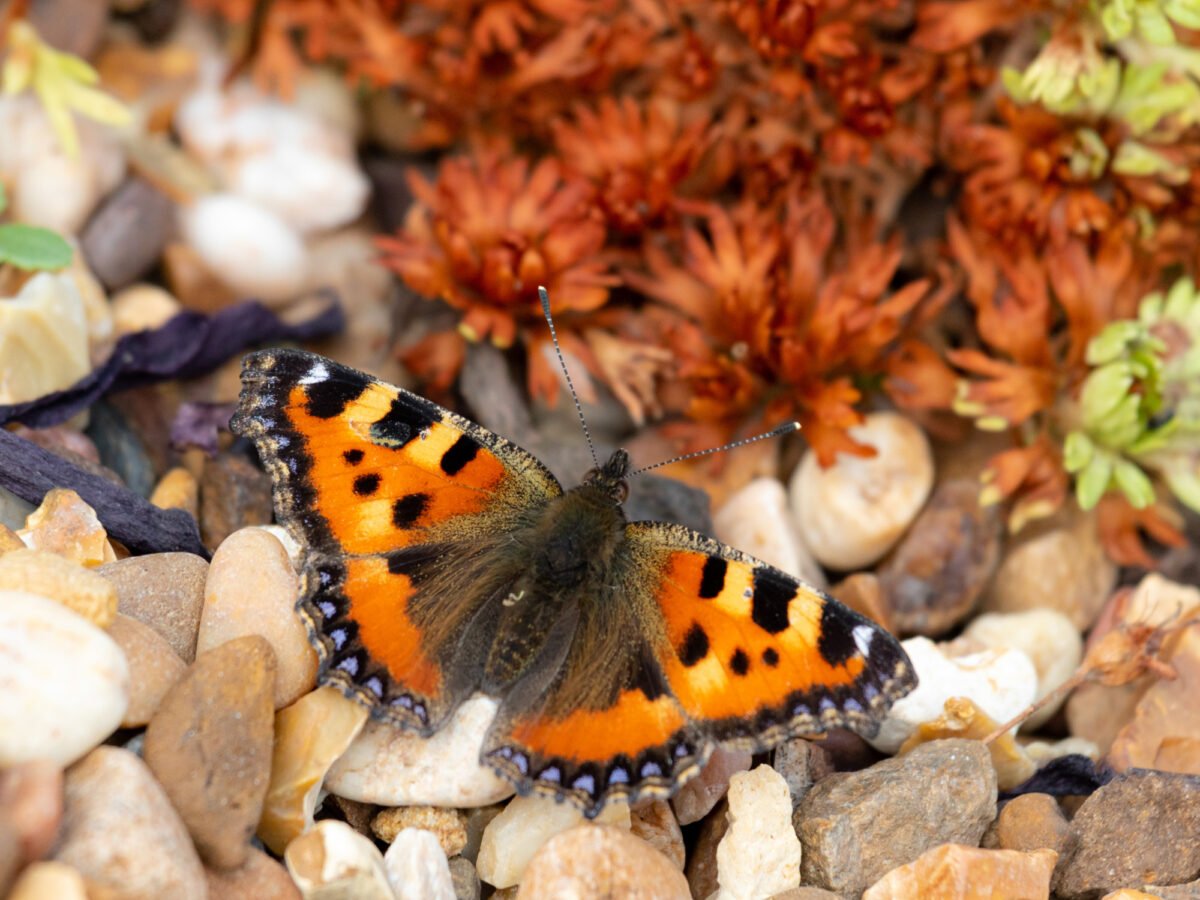
Over 40 per cent of the UK’s wildlife species have declined since 1970. A loss driven primarily by changes in agriculture and the ongoing effects of climate change.